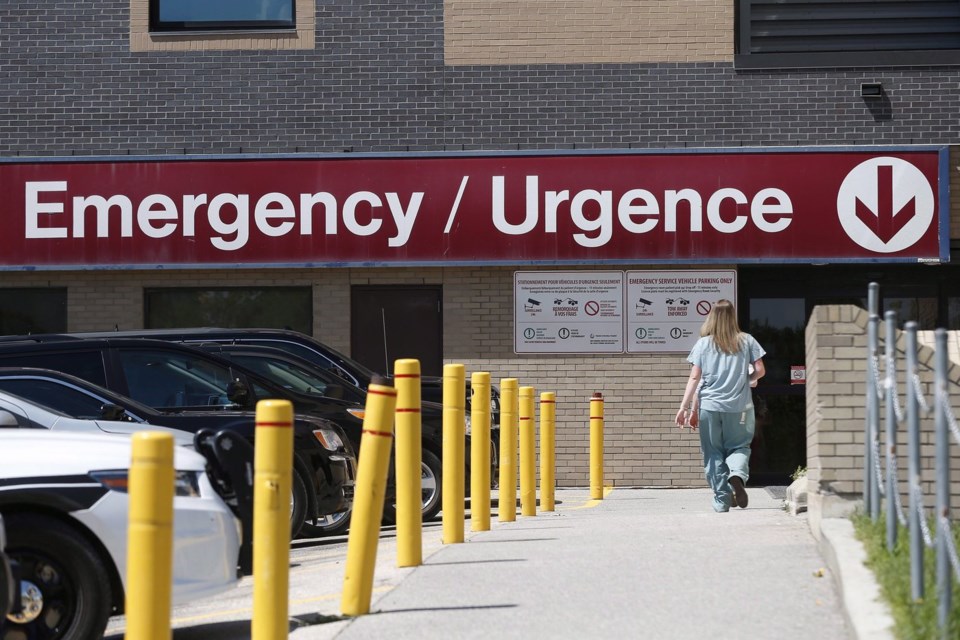WINNIPEG — Manitoba's NDP government is more than halfway toward its goal of hiring 1,000 health-care workers since taking office nearly a year ago, with some groups representing health-care staff applauding the news but saying it's a "drop in the bucket" when it comes to addressing staffing shortages.
The province announced on Thursday that from April to August it has hired 873 net new health-care workers to work within the public system.
This includes health-care aides, nurses, physicians and midwives.
"This has been a big undertaking, not only at a bureaucratic or a legislative level, but on a cultural level in health care, too," Health Minister Uzoma Asagwara told reporters.
"It's about rebuilding respect, rebuilding trust and rebuilding a collective faith in our vital public service."
Prior to being elected during last year's provincial election, Premier Wab Kinew promised $500 million over four years to hire more nurses, physicians and other health-care personnel.
Part of Kinew's promise included hiring 300 nurses and 400 doctors.
Numbers provided by the government show the province has surpassed its goal for hiring nurses but needs to step up to meet its promise for physicians. There have been 304 new nurses hired since April and 116 physicians.
Kinew acknowledged more work needs to be done to address the high wait times in hospitals since the COVID-19 pandemic and low retention rates.
"We're not putting up the mission accomplished banner just yet," he said.
"It is going to take us many years of sustaining this kind of effort for us to deliver the improvements to health care that we want to see for patients right across this great province."
Asagwara said the government has relied on a number of initiatives to boost staffing levels, including increasing class sizes at the University of Manitoba and working with partners to recruit doctors from the United Kingdom.
Health-care groups said they are encouraged by the government's effort but argue a recruitment and retention plan is needed.
"We hope to see the government and health system leaders build on this progress with more concrete steps to retain the physicians we have and recruit more, too, by focusing on building a culture and work environment that supports physicians," Dr. Randy Guzman, president of Doctors Manitoba, said in a statement.
The Manitoba Association of Healthcare Professionals called for a health human resources plan for allied health workers.
President Jason Linklater said the number of new hires in the allied health fields are much lower than what the organization hoped for.
A total of 87 of the new hires are professionals working in diagnostics or as paramedics. There are approximately 1,000 vacant positions in labs, imaging departments, occupational and physiotherapy and other specialized disciplines, said Linklater.
"(It's) really a drop in the bucket when you break it down."
The Manitoba Nurses Union said despite the new hires its members have yet to report any noticeable relief.
The union said it would like to see improvements in the working conditions for nurses, including a reduction in mandatory overtime.
"Without addressing the working conditions, no matter how many nurses we hire, we will continue to struggle with retention," president Darlene Jackson said in a statement.
The Opposition Progressive Conservatives said retention efforts are going to be critical for the NDP government and echoed calls for a comprehensive training, recruitment and retention plan.
This report by The Canadian Press was first published Sept. 26, 2024.
Brittany Hobson, The Canadian Press



